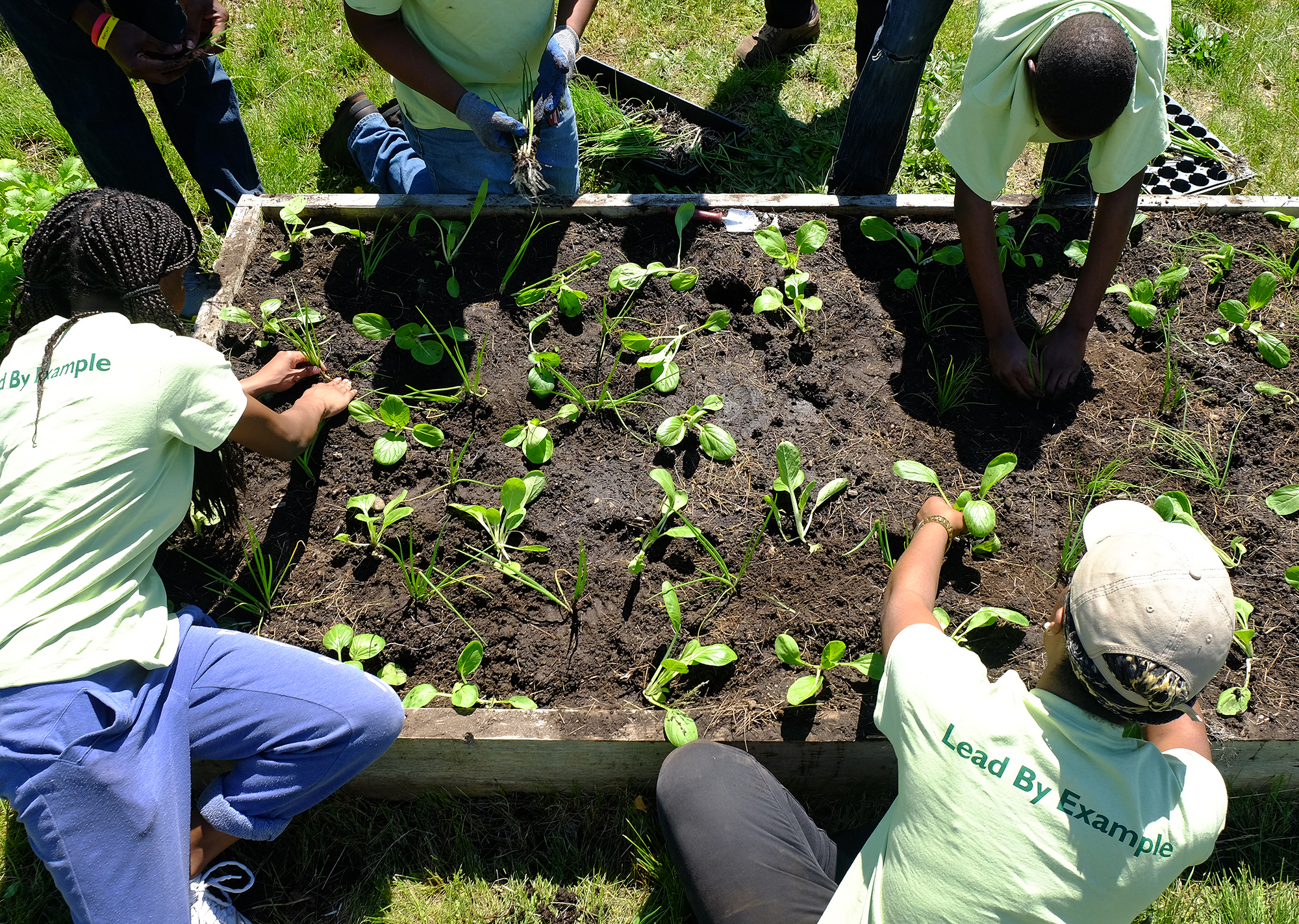Public Garden: An institution that maintains collections of plants for the purposes of public education and enjoyment, in addition to research, conservation, and higher learning. It must be open to the public, and the garden’s resources and accommodations must be made available to all visitors. Public gardens are staffed by professionals trained in their given areas of expertise and maintain active plant records systems. –The American Public Gardens Association
Arboretum: A place where trees and plants are grown in order to be studied or seen by the public. –Merriam Webster Dictionary
Horticulture: The science and art of cultivating plants. The word horticulture is derived from the Latin hortus “garden” and cultura “cultivation”. The field of horticulture includes specialties such as arboriculture, floriculture, pomology (fruits), ornamental horticulture, and olericulture (vegetable production).
Horticulturist: A horticulturist is professionally trained in the science of plant cultivation for production and/or beauty. Applying academic training, technical expertise and practical experience, a horticulturist might specialize in plant propagation or breeding, genetic engineering, public garden management, vegetable and fruit production, ornamental horticulture, landscape design, plant health, interior plantscapes, or a combination of these specialties.
Cultivar A shortened form of “cultivated variety:” A plant having distinct genetic, structural, and/or functional characteristics that are clearly distinct, uniform, reasonably stable, and can be propagated indefinitely to produce additional generations of plants exhibiting the same trait(s).
Integrated pest management (noun): (Abbreviated: IPM) A pest management strategy that focuses on long-term prevention or suppression of pest problems through a combination of techniques such as monitoring for pest presence and establishing treatment threshold levels, using non-chemical practices to make the habitat less conducive to pest development, improving sanitation, and employing mechanical and physical controls.
Introduced (noun): (Synonyms: exotic, non-native) Plant taxa first cultivated in Massachusetts after initial European settlement and arising as a result of subsequent human activity.
Invasive (noun): Non-native species that have spread into native or minimally managed plant systems in
Massachusetts that cause economic or environmental harm by developing self-sustaining populations and becoming dominant and/or disruptive to the native systems.
Native (noun): Plant taxa occurring naturally in Massachusetts prior to European settlement.
Taxa (singular, taxon): A distinct unit of classification of any rank within the taxonomic classification; For example, Cornus, Cornus florida, Cornus florida var. urbiniana, and Cornus florida ‘Appalachian Spring’ are four distinct taxa of flowering dogwood.
